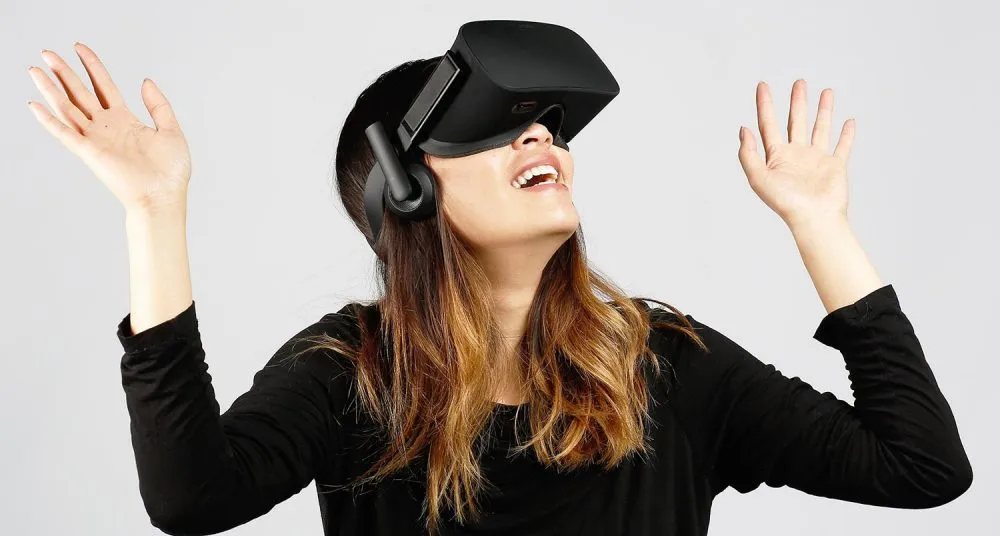The Chairman of the Federal Communications Commission (FCC) has some concerns about virtual reality, and they’re well worth listening to.
As reported by Stanford News, Chairman Tom Wheeler recently paid a visit to Stanford University’s Virtual Human Interaction Lab (VHIL), which is working in VR. There he met with the Thomas More Storke Professor of Communication, Jeremy Bailenson and saw some of the demos available at the facility. Apparently, Wheeler visited the site to learn about online VR and what it could mean for FCC regulations going forwards. In discussion, he raised concerns over VR privacy.
In short, VR can provide much more personal data than you might have previously considered. Bailenson has apparently even been able to prove that a “virtual footprint” created by reading data on the movements of a headset can be traced back to user profiles. That can help researchers to study and predict reactions and behaviors within VR. This led Bailenson to warn: “We absolutely need to consider how this medium will affect people.”
When you consider that arguably the biggest headset out there, the Oculus Rift, is owned by the biggest social network, Facebook, Bailenson’s words certainly cause pause for thought. Going beyond tracking, UploadVR recently broke the news that installing Oculus software that comes with the Rift on your PC also created an always-on connection to Facebook that sent the company updates. In response, Oculus reasoned that it needed to “understand how our products are being used” in order to “create the absolute best VR experience” for its customers. As an example, the company noted that information gathered could be used to improve services and ensure that they function as intended.
Despite this, the company later came under fire from Senator Al Franken, who expressed concerns about the policies in a letter to Oculus CEO Brendan Iribe. In response, the company assured the information it gathered was “limited to general location information, such as time-zone and country-level”.
Getting back to the FCC, Wheeler and Bailenson also discussed other topics, with the former noting that “Virtual reality shouldn’t have gatekeepers. It starts with an internet that is fast, fair and open.”
Interestingly, they also talked about a potential “bandwidth surge” that could come about with VR’s mainstream adoption. Many people with headsets already do this – watching VR video is apparently how most Gear VR owners spend their time – it could be a problem once devices start to really catch on. To this, Bailenson proposed a sort of hybrid delivery system in which a user downloads the actual visual content of a video, but then has their tracking information streamed, thus significantly reducing the amount of data being used.
VR brings about a new strand of concerns for the FCC, but it sounds like the organisation is ready to tackle them head-on. As the prospect of social VR grows, the group will no doubt come face-to-face with some unexpected challenges that we won’t have seen coming.






























